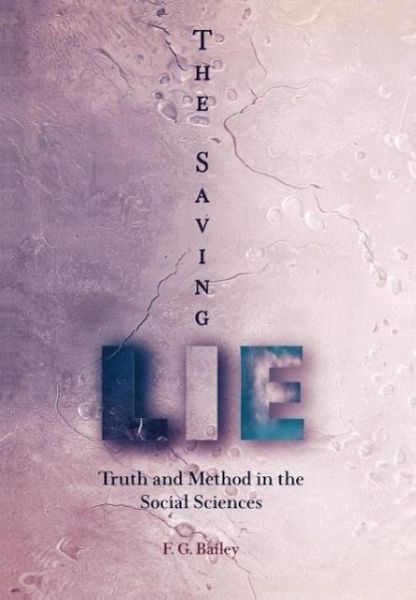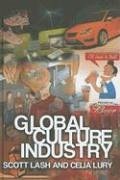
The Saving Lie
The Literature and Politics of Chess in the Late Middle Ages

PAYBACK Punkte
34 °P sammeln!
The Saving Lie Truth and Method in the Social Sciences F. G. Bailey "Ambitious, erudite, well worth a read."--Journal of Anthropological Research This book explores the distinction between selflessness and self-interestedness, between acting for one's own advantage and acting, even when disadvantageous, for reasons of duty or conscience. This apparently straightforward contrast (exemplified in the difference between rational-choice models in economics and holistic models in social anthropology) is a source of confusion. This is so, F. G. Bailey argues, because people polarize and essentialize ...
The Saving Lie Truth and Method in the Social Sciences F. G. Bailey "Ambitious, erudite, well worth a read."--Journal of Anthropological Research This book explores the distinction between selflessness and self-interestedness, between acting for one's own advantage and acting, even when disadvantageous, for reasons of duty or conscience. This apparently straightforward contrast (exemplified in the difference between rational-choice models in economics and holistic models in social anthropology) is a source of confusion. This is so, F. G. Bailey argues, because people polarize and essentialize both actors and actions and uphold one or the other side of the contrast as concrete reality, as the truth about how the social world works. The task of The Saving Lie is to show that both versions are convenient fictions, with instrumental rather than ontological significance: they are not about truth but about power. At best they are tools that enable us to make sense of our experience; at the same time they are weapons we deploy to define situations and thus exercise control. Bailey says that both models fail the test of empiricism: they can be at once immensely elegant and quite remote from anyone's experience in the real world. And since both models are "saving lies," we should accept them as necessities, but only to the extent they are useful, and we should constantly remind ourselves of their limitations. The wrong course, according to Bailey, is to promote one model to the total exclusion of the other. Instead, we should take care to examine systematically the rhetoric used to promote these models not only in intellectual discourse but also in defining situations in everyday life. The book strongly and directly advocates a point of view that combines skepticism with a determination to anchor abstract argument in evidence. It is argumentative; it invites confrontation; yet it leaves many doors open for further thought. F. G. Bailey is Professor Emeritus in the Department of Anthropology, University of California, San Diego, and author of many books, most recently The Civility of Indifference, The Need for Enemies, and Treasons, Stratagems and Spoils. 2003 232 pages 6 x 9 ISBN 978-0-8122-3730-6 Cloth $65.00s £42.50 ISBN 978-0-8122-0118-5 Ebook $65.00s £42.50 World Rights Anthropology, Social Science, General













